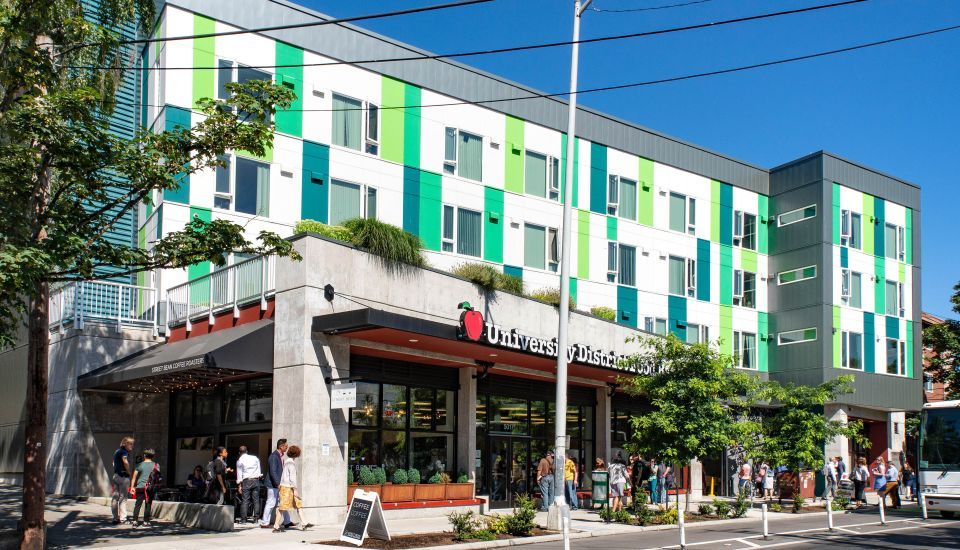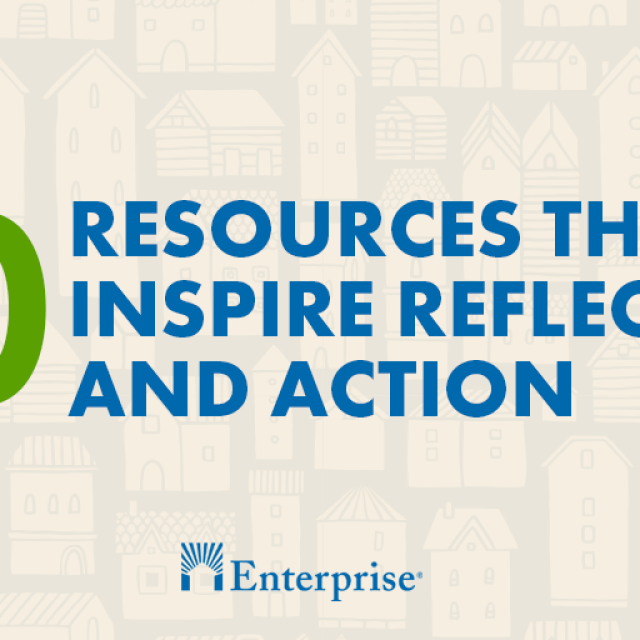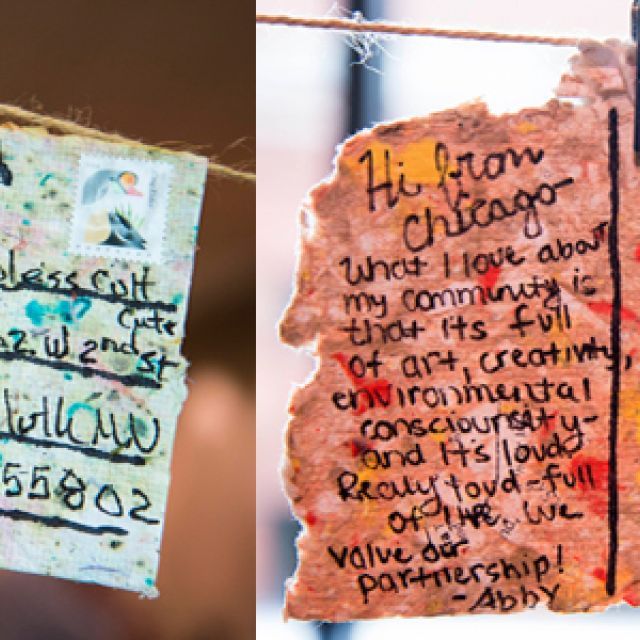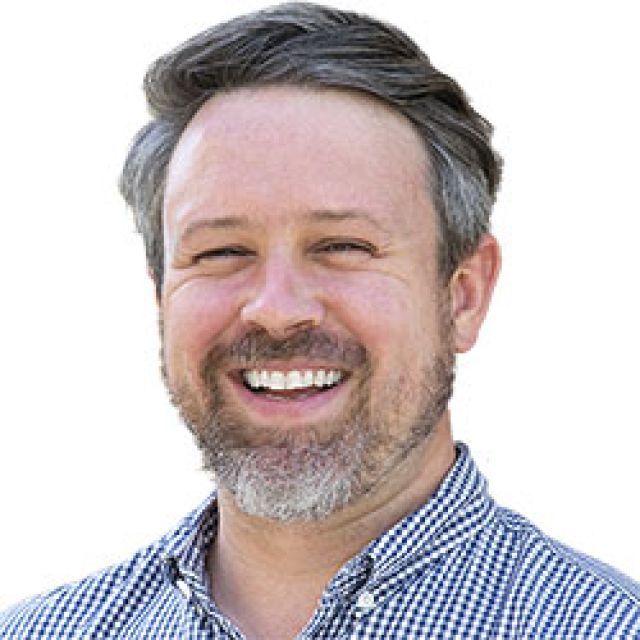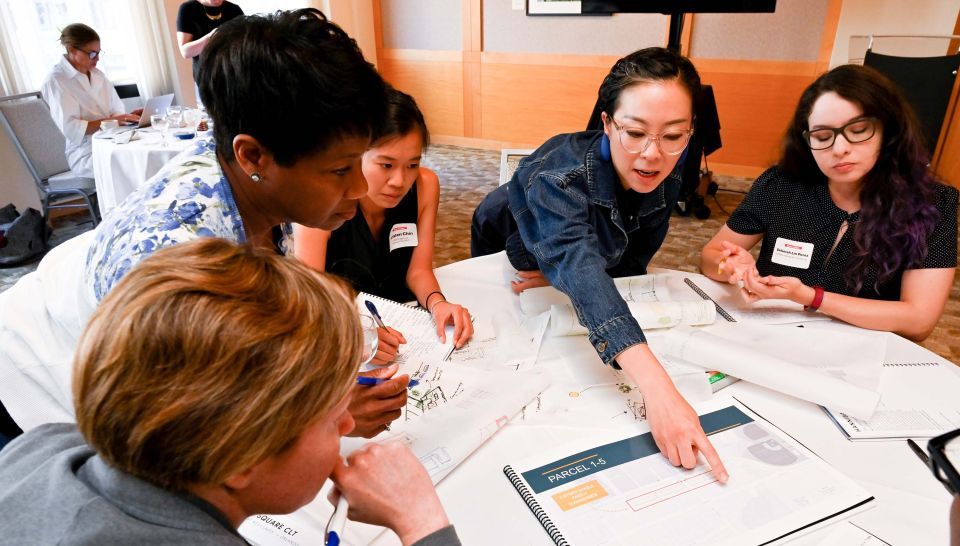
A well-designed home is about much more than appearance. It’s about lifting up resident voices, planning more equitable communities, and building better places to live.
Our national Design Initiative provides tools, programs, and research to support developers in mastering their design process to center the needs of residents and communities. We promote authentic community partnership to address years of racist development practices, which gave communities little agency in their future. We train developers how to focus their developments on outcomes that matter to residents — health, relationships, ownership, and pride — even when faced with budget constraints and short timelines. And we provide spaces for innovation in practice.
Here’s how we do it:
- Provide field-tested resources, such as the Design Matters framework and toolkit, to guide developers through each step of the develop process. These resources prioritize resident voices and equitable outcomes, enabling the creation of breakthrough projects
- Enhance developers’ design and construction capacity and leadership, through programs like the Affordable Housing Design Leadership Institute (AHDLI), ensuring that developments foster residents' pride, power, and sense of belonging.
- Deploy innovators to the field, through our Rose Fellowship program, to increase organizational capacity in the design process, authentic community engagement, and equity in the built environment.
- Seed innovation in the field by testing and releasing tools and resources to generate new ideas and advance best practices.

